Collection Management: Multimedia Library - Film
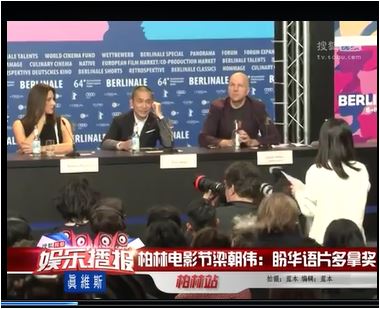
Acquisition of the materials (Technical Aspects of Obtaining Original Film
vs. Manifested Digital Copy)
- Copyright issues: Statement of Purchase or Donor Letter - acknowledgement and transferring
of the ownership rights (See Creative
Commons)
- Film Inventory Evaluation
- Film Title, Date, BW/Color, Sound/Silent, Footage, Time, Format, Condition
notes
- Composition of the Film:
- Film has three principal components: a support made of a sheet of
transparent plastic, a gelatin emulsion, and an image of color dyes or
metallic silver.
- Three different types of plastic have been used in film manufacture:
nitrate (1890-1950), acetate (1925-present), and polyester (1960-present).
Nitrate and acetate plastics are prone to chemical decompose, giving off
acids. Polyester plastic is much more chemical stable.
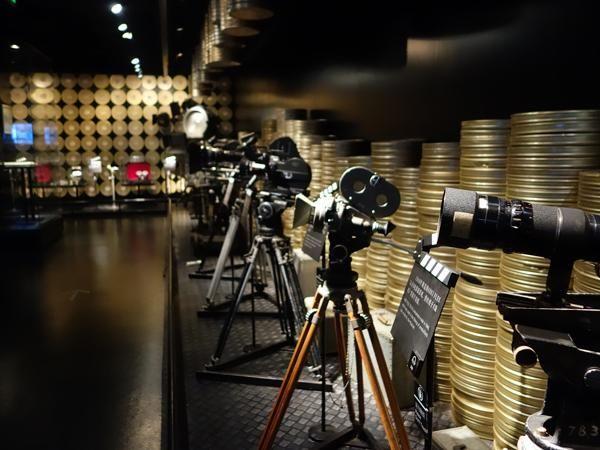
- Evaluate the Films
- Value determination (legal custody of the materials, date of the
content, genre, subject, and access)
- Film risk assessment (format, physical condition, and copy available)
- Copy generation (master, unique, duplicate, service)
- Material condition (See
FilmForever)
- Material type: Triacetate, Diacetate, Polyester
- Material generation: Positive, Reversal, Fine grain, Soundtrack only,
Image only
- Material damage: Physical damage, Emulsion scratches, Base scratches,
Perforation Damage, Edge/performation repair, Projector oil & dirt, Warpage,
Shrinkage, Color fading, Acetate decomposition level
- Number of splices (Splicer tapes the headers and trailers to the film:
it's a count for how many times the film has been manifested).
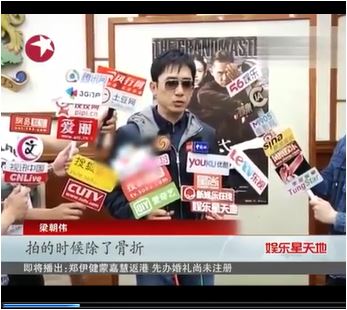
- Viewing the films
- When viewing the films, the collector should write cataloging and holding
records (on paper or in a computer system)
- For professional film archival, cataloging records are described at AACR2
Third level
- AACR2 for films (MARC):
- The original work is the basis for cataloging all subsequent manifestation
of that work.
- Multiple formats are included on one record (Multiple formats in the 300
fields)
- Re-release & re-issues are combined on same bibliographic record
(Copyright, inspection, techniques, associated materials, abstract in 500
fields)
- Multiple Subjects & Geographical Locations (See
Getty Vocabulary,
NARA Authority Files)
- Additional Elements describing audiovisual items (See
NARA)

- Prepare for Manifest
- Before manifest, headers and trailers are added to the film. The film is
put on an archival core, and placed in an archival can. Archival cans and
cores made of an inert plastic that will not chemically react with the film.
Archival metal cans are coated with an inert coating that is additionally
rustproof.
- Video Transfers
- Digital preservation
- Shifting Costs
- When adding an item to the collection, one of the
important factors is to consider the cost, not only the cost to purchase the
item, but also the cost to preserve the item. Depending on the
production budget, the films today are likely made with high quality films
that will last over hundreds of years. Digitalizing and preserving these
films adds considerable costs to the library budget.
- Digital Media is highly dependent on devices/readers/software/operating
systems
- New devices, hardware and software are replaced on a cycle of 2 to 5 years
- Many of the new digital media are machine dependent. They require a
particular operating system, availability of the reader and specific software
to access these records. The retention of obsolete equipment and software has
maintenance and upkeep costs.
- Digital Copy
- From floppy disks to CD-ROMs and DVDs, to today's the most widely known
forms of data storage are magnetic disk, RAID, Tape, and Optical disk.
Magnetic disk, RAID, and Tape technology are not ideal for long-term archiving
because the data is vulnerable to tampering or damage, either by mistake or
deliberately.
- Optical disks, such CDs and DVDs, on the other hand, are more suited for
permanent storage.
- Data Migration
- Migration is a process of transferring digital resources from one
generation to a subsequent generation to avoid the necessity of keeping and
maintaining obsolete equipment and technology. However, this transfer from one
carrier to another may cause data loss; in addition, the data may be altered
to correspond to the system design in the process. It raises a number of
issues such as copyright, authenticity, and reliability.
- Migration is time-consuming process; it is costly and much more complex
than simple refreshing. In the migration process, keeping the integrity of
digital objects becomes a critical issue.
- Metadata Standards
- Metadata standards are needed to provide sufficient descriptive and
technical information about the digital resources. The properly used metadata
facilitate the long-term access by providing information on the software and
hardware environment of the original digital resources. (See
Dublin Core: simple
objects, METS
Metadata Schema: complex objects)
- Information Policy
- Information Policy is driving by many factors: Community Analysis, Needs
Assessments, and Open Communication between various stakeholders.

- Film Access
- Off-site Usage
- In Library Usage
- Consultation and Reference Usage
- Resource Sharing (Interlibrary Loan)
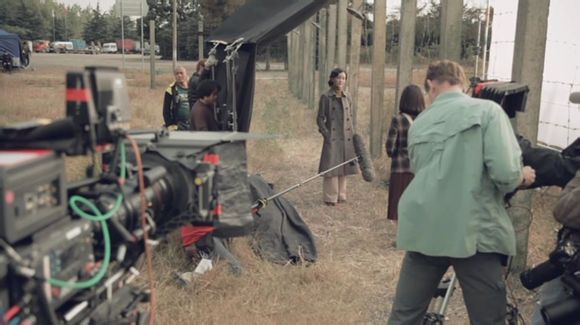
- Collection maintenance
- User copy will
be shelved in the temporary storage space for public access.
- The master print will be stored in the permanent storage space.
- The best storage for motion picture film includes appropriate
temperature and humidity conditions and good-quality storage enclosures.
Cold and dry are the best conditions for the storage of film. Under the cold
storage conditions of 40 degrees and 50% relative humidity, vinegar syndrome
does not begin for 350 years. A relative humidity (RH) of 20 to 50% is best
for film storage, with a temperature that is as cool as possible.
Preservation vs. Access
There is a delicate balance in ensuring the
materials will be preserved over time while granting access to the public at the
same time. Multimedia materials are much more expensive than other type of media
materials, it's expensive to make, produce, and reproduce over time.
Access adds wear and tear to the collection. Preservation staff sets up guideline and
collaborate with the collection access staffs to minimize the damages to the
collection.
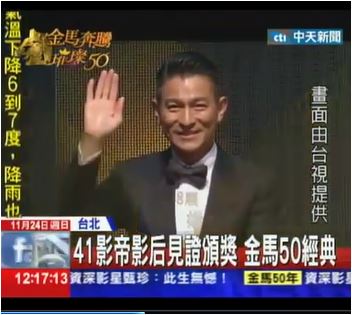
Disaster prevention and recovery
To plan a disaster prevention and recovery program, the first thing is to
set priority on what to save, and whom to contact. After that, it is a matter
of following procedures in responding to the disaster (water, temperature,
air, electrical, transporting, and other unforeseeable damage to the
materials).
Finally, here are some of the important questions to ask for any
collection management:
Who are our audiences?
What are they using the collection for?
Where are they?
Where are they accessing the collection information?
How are we currently delivering the service?
How can we improve our service?
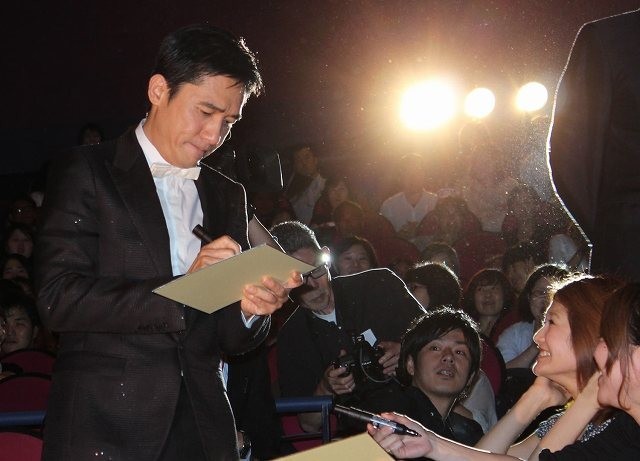
Memo:
It's important to point out the difference
between the Original Film vs. Manifested Digital Copy, as one might be
selecting CD, VCD, DVD Multimedia Authorizing
Tools.
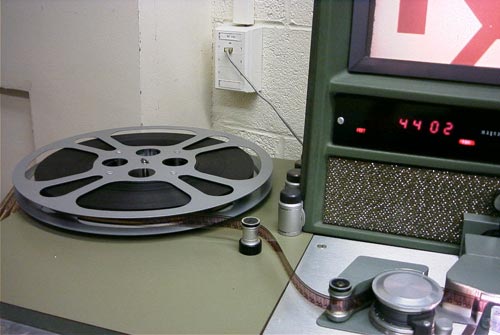
This quick write-up is primarily focused on Film Archives. The
following are some of the links for interested parties, by no means they are
exclusive. I have very-limited knowledge in Film Making or Film Archiving.
I had a very-brief opportunity in the past handling film materials,
describing film records (project-based). However, I had quite extensive
personal experience (non-commerce-related; this is a hobby site) in digitalization (conversion of
audio-video tapes, authorizing CDs, VCDs, and DVDs, storing music/video clips in mobile
devices, as well as back-up digital files in CDs/DVDs).
Film Archive Education:
UCLA Film and Television Archives: Events
https://www.cinema.ucla.edu/events
The UCLA Film & TV Internship Program
http://legacy.tft.ucla.edu/internships/
UCLA's Department of Film, Television and Digital Media
http://www.tft.ucla.edu/programs/film-tv-digital-media-department/
http://www.tft.ucla.edu/programs/film-tv-digital-media-department/undergraduate-degrees/ba-undergraduate-film/
UCLA Film & Television Archive
https://www.cinema.ucla.edu/education/archive-research-study-center-arsc
https://www.cinema.ucla.edu/education/research-links
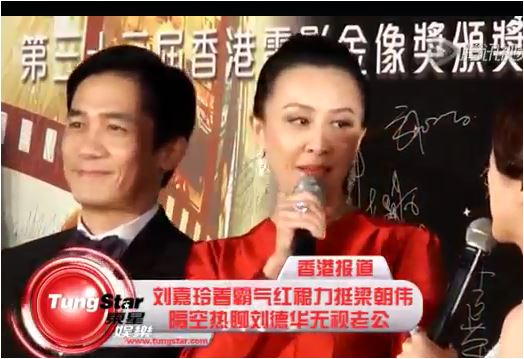
Film Archive Organization:
The Association of Moving Image Archivists (AMIA)
http://www.amianet.org/
Film Forever
http://www.filmforever.org/
British Film Institute (BFI)
http://www.bfi.org.uk/
Australian Centre for Moving Images (ACMI)
https://www.acmi.net.au/
The National Film Preservation Foundation
http://www.filmpreservation.org/
Internet Archives: Movies
https://archive.org/details/movies

Other Film Related Archive Organization:
NARA: National Archives and Records Administration (Specific media types)
http://www.archives.gov/research/catalog/lcdrg/
http://www.archives.gov/research/catalog/lcdrg/toc.html
http://www.archives.gov/research/catalog/lcdrg/authority_lists/index.html
The Getty Research Institute (Getty Vocabulary)
http://www.getty.edu/research/tools/vocabularies/
LC: Library of Congress (Authority files)
http://authorities.loc.gov/
LC: Library of Congress (Subject headings)
http://id.loc.gov/authorities/subjects.html
Dublin Core (Metadata Standards)
http://dublincore.org/
Dublin Core Metadata Element Set (Version 1.1)
http://dublincore.org/documents/dces/
Dublin Core Schema
http://dublincore.org/schemas/xmls/
VRA (Visual Resource Association)
http://vraweb.org/
METS (Metadata Encoding & Transmission Standard)
http://www.loc.gov/standards/mets/
Creative Commons
https://creativecommons.org/
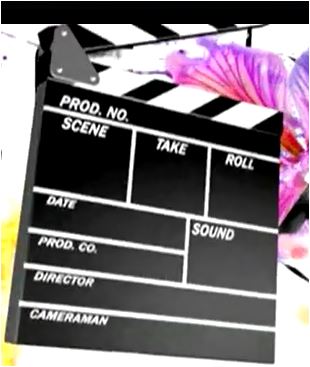
Multimedia Tools:
HOME |
About Films
Return to top












